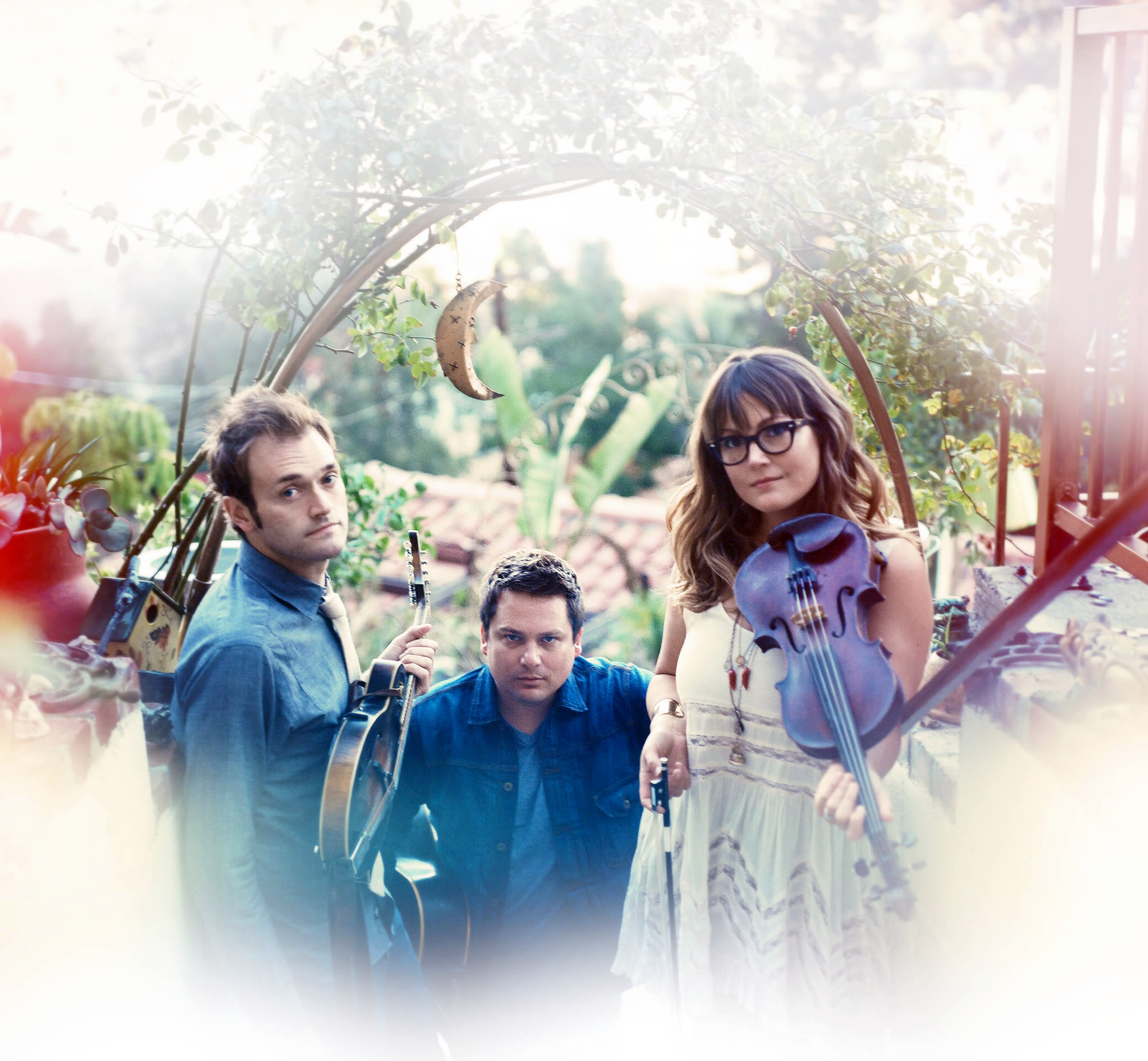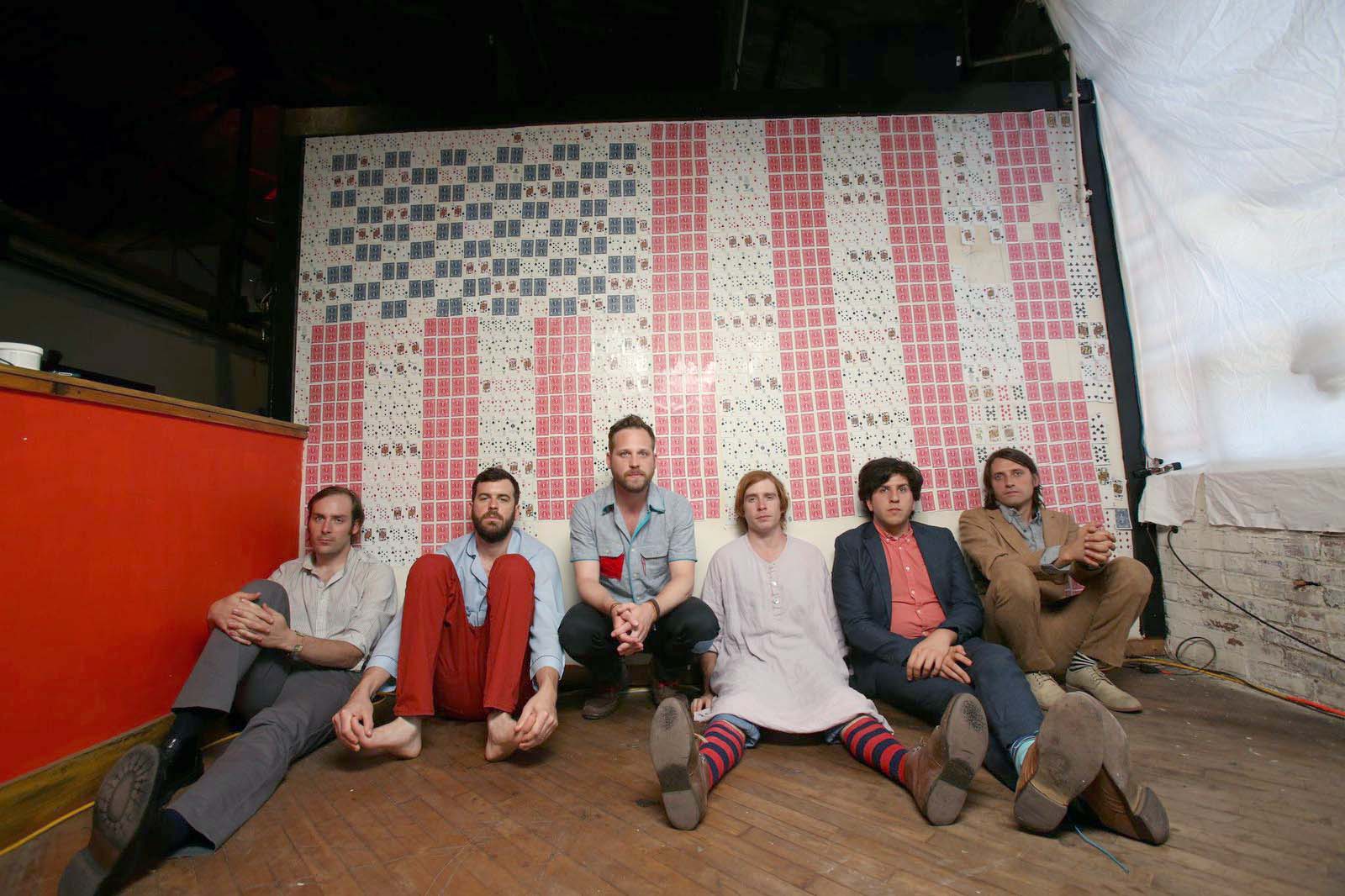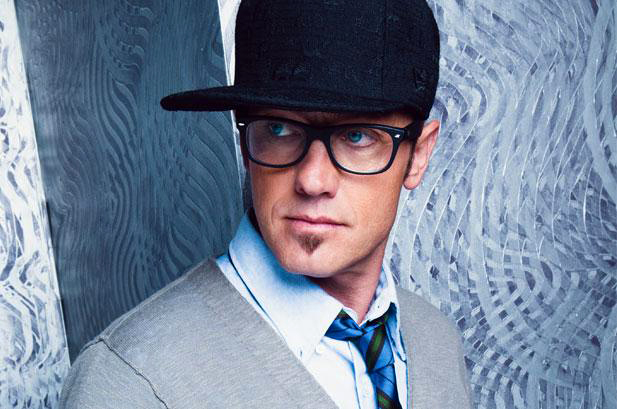Chances
are good that you do not associate the ukulele with rock & roll, but virtuoso Jake Shimabukuro would like to change that; the artist has risen to fame for making people reconsider what they think they know about the instrument. While some of the material on his albums—including his most recent one, 2012’s Grand Ukulele—has that upbeat, perfect-for-a-day-on-the-beach feel, he’s also famously covered everything from “While My Guitar Gently Weeps” and “Bohemian Rhapsody” to “Don’t Stop Believin’.”
Shimabukuro says his unconventional approach is a challenge he enjoys. “When I first started arranging ‘Bohemian Rhapsody’ for the ukulele, I wasn’t sure if I would be able to pull it off. A lot of it was the pure challenge of trying to make it work,” he says. “But I love locking myself up in a room and not coming out until I can play a piece. When you find a way to make that work, it’s such a rush!”
It’s a rush the music community has eagerly tapped into. Shimabukuro has toured as part of Jimmy Buffett’s band, performed with Bette Midler for Queen Elizabeth, and been praised by Eddie Vedder for his visionary style (Vedder of course released his own Ukulele Songs in 2011). Shimabukuro’s own “Ukulele Five-O” made its way onto the recent Hawaii Five-O soundtrack, furthering the instrument’s appeal, but the musician—a Hawaii-born fifth-generation Japanese-American who was introduced to the instrument by his mother—is humble about the part he is playing in popularizing it.
“What I do with the ukulele is just the tip of the iceberg,” he says. “There’s so much more to be discovered, to be done on that instrument. I’m excited to see what people will be doing on the ukulele 10, 20, 30 years from now. I think in the future, like with the guitar, you’re going to have the Jimi Hendrix of the ukulele, the Eddie Van Halen, the Bela Fleck, the Chris Thile.”
It’s no stretch to view Shimabukuro within those ranks. He is the subject of an award-winning documentary, Jake Shimabukuro: Life on Four Strings, which premiered last year on PBS. The idea of being in the film still seems surreal to him.
“It’s funny, because when the Center for Asian-American Media first approached me to do the documentary, I was very shocked,” Shimabukuro says. “I was like, ‘Really? On me? Are you sure?’ I have a very normal life.”
Some might consider Shimabukuro’s “normal life”—which includes collaboration with Yo-Yo Ma, gigs on The Today Show and Jimmy Kimmel Live!, and a status among uke masters like Hawaiian legend Israel “Iz” Ka‘ano‘i Kamakawiwo‘ole—a very charmed one. But for him, it all comes back to a love of the instrument itself and not focusing on his own success.
“I’ve been playing the ukulele almost my whole life, so I feel like it’s almost like being a proud parent,” he says. “When I see Paul McCartney playing the ukulele on TV, it’s like, ‘Oh my gosh! Paul McCartney’s playing the ukulele on TV!’ Seeing the ukulele on TV is like watching my nephew or my son on TV. You just feel so proud.”
music@seattleweekly.com
JAKE SHIMABUKURO The Paramount, 911 Pine St., 682-1414, stgpresents.org/paramount. $21.25–41.25. All ages. 8 p.m. Sat., April 26.







